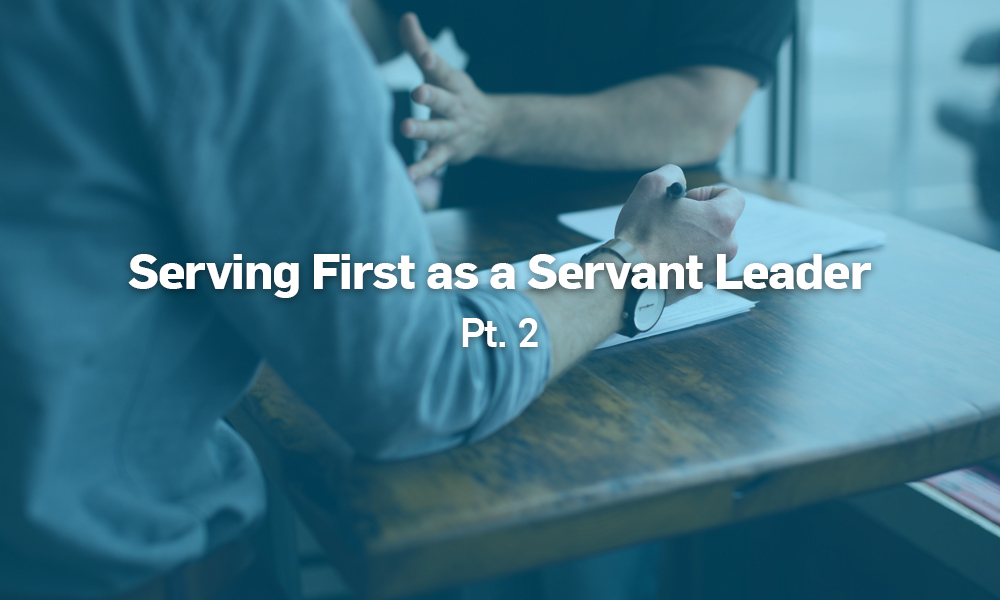Serving First as a Servant Leader: Part II
Last week, in part 1, we focused on authenticity, knowing yourself and practicing self-control as three qualities servant leaders must have to serve first. Let’s move on to discuss another important quality: being transparent.
The Fine Line of Transparency
It’s easy to think you have to be “good,” and always exemplify the best behaviors in the workplace, yet this is not always possible, nor is it useful to others.
How open — how transparent — can you be or should you be with others at work? One business dictionary defines transparency as a “lack of hidden agendas or conditions, accompanied by the availability of full information required for collaboration, cooperation, and collective decision-making.” Notice this definition focuses on making the workplace more productive through being open in sharing information. Sometimes this information is personal. For example, when leaders admit they don’t know how to go forward with an objective, they have never done such a thing before, and they need help, that’s the kind of transparency that engenders trust and coalesces a team.
When you are an authentic servant leader, you express real emotions, not in a way that will hurt or harm someone, but in a way that models being “real” and is helpful to others. For example, with a peer or direct report, you might share that your workload is heavy and you feel overwhelmed. You might then describe how you usually deal with such feelings and move through them. You might tell a story of a time in the past when you learned to be better at taking care of yourself and now you know when you are overwhelmed, the best thing you can do is take a break, go for a walk or run, and clear your mind. Being “real” or transparent in this sense teaches others how to acknowledge, accept, and deal with their feelings and discover their own tools that will help them.
Where is the fine line of transparency? When are you oversharing and when are you being useful? When is sharing “TMI” and when is the risk you take in sharing information about your own vulnerability or past mistakes and failures helpful to others? Remember, in the workplace people look to you as a leader who will openly share your insights and expertise. The measure of successful servant leadership is that others grow and develop as the result of your leadership. When you are transparent, you are still seeking to serve others, working toward the goal of a productive workplace. You are not using the situation to unload a lot of emotion that you might share with a close friend or family member. You are actively practicing emotional intelligence. That means when sharing information about yourself, your goal is not to give advice, but to transfer what you have learned about yourself in managing difficult or strong emotions in a way that encourages others to be self-aware, know themselves, and learn and grow as servant leaders.
Curious to learn more about servant leadership? Send us your thoughts at info@servantleadershipinstitute.com
Jeanne McGuire
Senior Trainer and consultant, Servant Leadership Institute

